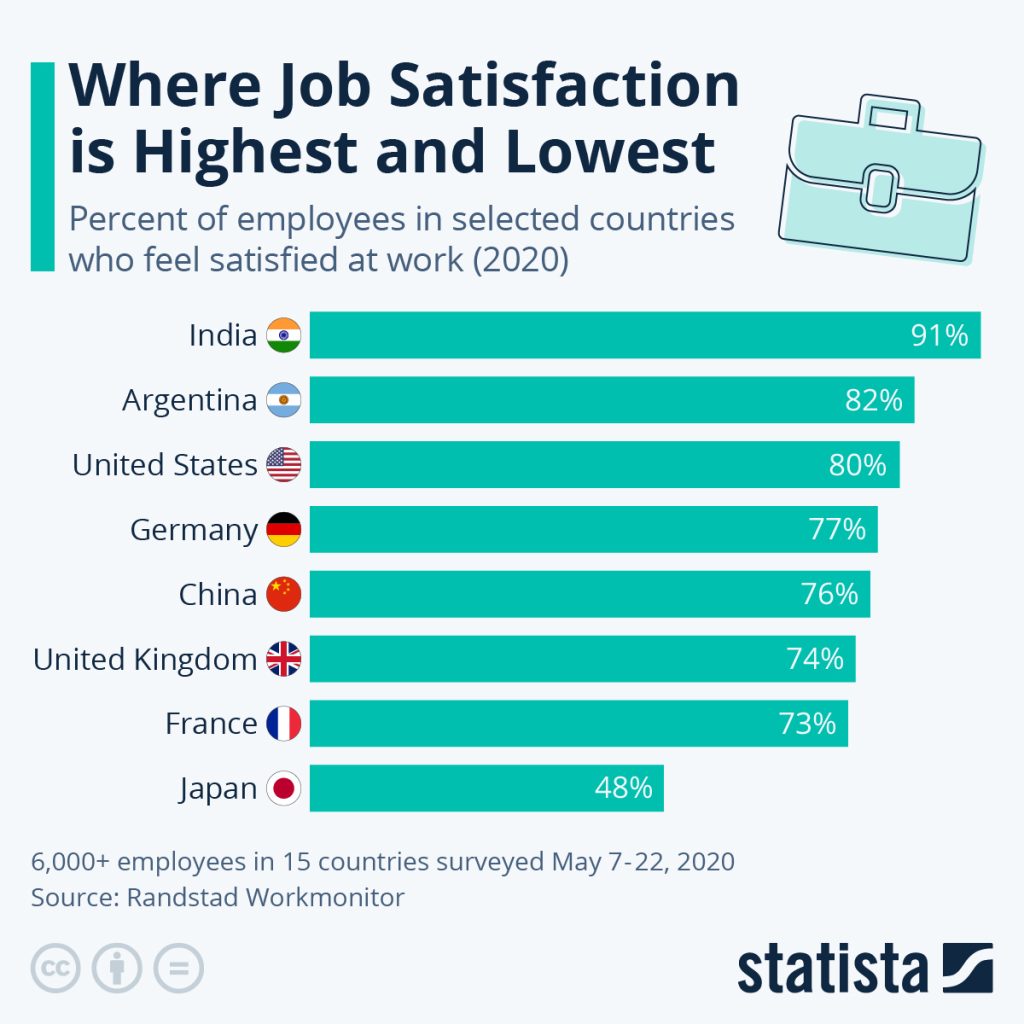In the vast tapestry of our professional lives, there may come a time when the once vibrant colors begin to fade, leaving behind a feeling of dissatisfaction and frustration. The sentiment of “I hate my job” is not uncommon, and while it may seem daunting, it can serve as a catalyst for positive change. Here’s a guide on what to do when faced with the ‘I hate my job’ dilemma, helping you navigate the complexities and discover a path towards professional fulfillment.
Table of Contents
Acknowledge and Understand
The first step in dealing with job dissatisfaction is to acknowledge and understand the root cause of your feelings. Is it the nature of the work, the company culture, or perhaps a misalignment with your values? Identifying the specific issues enables you to address them more effectively.
Take a moment to reflect on your career goals and personal values. Assess whether your current job aligns with your long-term objectives and resonates with your values. Understanding your priorities will guide you in making informed decisions about your professional path.
Seek Professional Development
Sometimes, the dissatisfaction arises from a lack of growth or learning opportunities. Explore avenues for professional development within your current job or industry. This could involve taking on new projects, acquiring new skills, or seeking mentorship to reignite your passion for the work.
Consider initiating an open and honest conversation with your supervisor or colleagues. Discuss your concerns, express your feelings, and explore potential solutions. A collaborative approach might unveil opportunities for positive change within your current role or team dynamics.
Explore Internal Opportunities
If you find that your current position is the source of your dissatisfaction, investigate internal opportunities within your organization. A change in roles or departments might provide a fresh perspective and a chance to rediscover enthusiasm for your work.
If internal changes are not viable, it may be time to explore external job opportunities. Update your resume, leverage professional networks, and actively seek positions that align with your skills, interests, and values. A change of scenery might be the catalyst for a more fulfilling career.
Seek Support
Job dissatisfaction can take a toll on your mental and emotional well-being. Seek support from friends, family, or a professional mentor. Sharing your thoughts and feelings can provide valuable insights and emotional support as you navigate potential changes.
While addressing professional concerns, prioritize self-care. Establish a routine that includes activities you enjoy, exercise, and relaxation. A holistic approach to well-being contributes to better resilience and decision-making during challenging times.
Evaluate Work-Life Balance
Consider your work-life balance and how it contributes to your overall happiness. Striking a healthy balance between professional and personal life is crucial for sustained job satisfaction. Assess whether adjustments are needed to create a more harmonious lifestyle.
Remember that change is a constant in life, and embracing change can lead to personal and professional growth. If your current job does not align with your aspirations, consider it a stepping stone towards a more fulfilling and purpose-driven career and explore educational perspectives.

Interesting Facts
It’s important to note that individual experiences with job satisfaction or dissatisfaction can vary, and factors contributing to these sentiments are multifaceted. However, here are some general statistics and observations related to job satisfaction:
- Global Job Satisfaction:
According to Gallup’s global workplace report, only a minority of employees worldwide report feeling engaged at work. Many employees express varying levels of dissatisfaction, which can contribute to sentiments like “I hate my job.” - Millennial Job Dissatisfaction:
Studies have shown that millennials, in particular, often express dissatisfaction with their jobs. Factors such as a desire for meaningful work, work-life balance, and career advancement opportunities play significant roles in shaping job satisfaction. - Impact of COVID-19:
The COVID-19 pandemic has had a profound impact on the workforce. Remote work challenges, changes in job roles, and uncertainties have contributed to increased stress and dissatisfaction for some employees. - Job Dissatisfaction Trends:
Research indicates that certain industries or sectors may experience higher levels of job dissatisfaction. Factors such as workplace culture, leadership, and job security can influence overall job satisfaction. - Contributing Factors:
Common factors contributing to job dissatisfaction include lack of appreciation, insufficient opportunities for growth, poor work-life balance, inadequate compensation, and limited job autonomy.
In conclusion, facing the “I hate my job” dilemma is an opportunity for self-discovery and positive change. By acknowledging your feelings, reflecting on your goals, and taking proactive steps, you can navigate through the challenges and move towards a career that brings fulfillment and satisfaction. Each step, whether internal or external, is a stride towards a brighter and more harmonious professional future.
Andrej Fedek is the creator and the one-person owner of two blogs: InterCool Studio and CareersMomentum. As an experienced marketer, he is driven by turning leads into customers with White Hat SEO techniques. Besides being a boss, he is a real team player with a great sense of equality.
